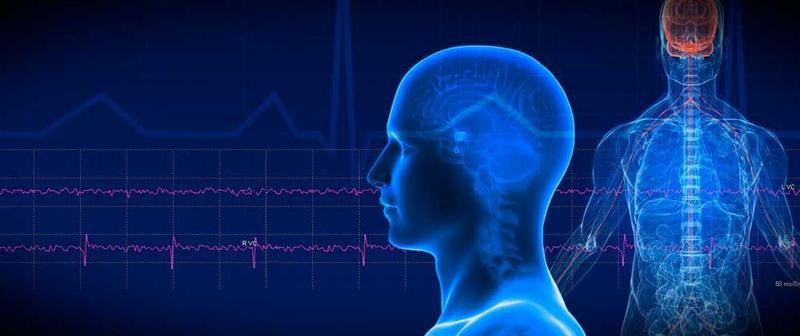Neurosensor-Based Vehicle Operator Systems
Neurosensor-Based Vehicle Operator Systems
In this article, we tell you about 10 promising neurotechnologies that will soon emerge in the field of neurobiology. All of these technologies will transform brain development and improve brain function and health.
At the moment, investment is being directed towards neurotechnologies that have had the fewest side effects and are non-invasive. Let’s take a look at these technologies that will soon become an integral part of our lives.
1. Big data, advanced diagnostics, and treatment
Thanks to rapid advances in information technology, reduced computing power costs, and the availability of the cloud for everyone, doctors are able to analyze more people’s conditions and use this data in their research and to make the right diagnosis. There are other treatments with similar brain signatures, such as neurofeedback and biofeedback.
2. Brain-Computer Interfaces for device control
Such a technological discovery as the brain’s computer interface connects our thoughts with the outside world through various devices. In the near future, these devices are expected to grow tremendously.
3. Real-time neuromonitoring
This is a real-time brain activity monitoring system. It allows you to track the body’s response to various treatments, as well as warn about various undesirable actions of the body, such as an epileptic seizure. Currently, this system is being developed by many companies.
4. Neurosensory
These are systems that allow you to drive vehicles. It monitors the driver and stimulates the driver. If the vehicle is driven by autopilot, the neurosensory carries out various preventive measures of the autopilot. Many well-known companies have already acquired a patent for this device.
5. Cognitive training video games
These video games target specific cognitive and emotional brain systems. They are available online or via a mobile app. Their main purpose is to enhance human performance by affecting different brain systems. This is all related to the problem of concentration in modern people who spend their free time on social media.
6. Virtual reality as a treatment option
As you already know, the treatment of various phobias and post-traumatic disorders using virtual reality is now gaining popularity in exposure therapy. Some surgeons are also using virtual reality during operations. Many medical organizations are now buying patents in the field of virtual reality, EEG, and transcranial direct current stimulation (tDCS).
7. Smart wearables
These devices include applications for meditation, EEG, and more, which help to improve the user’s physical and mental health, as well as to develop self-regulation skills.
8. Co-cognitive modeling
This technology allows you to improve the level of education. Through various interactive online platforms and cognitive simulation models, people acquire new skills and learn together.
9. Magnetic and electrical stimulation of the brain
Using magnetic fields and electrical impulses, this technology improves brain function and activity. It also allows you to increase your memory.
Be the first to post a message!
